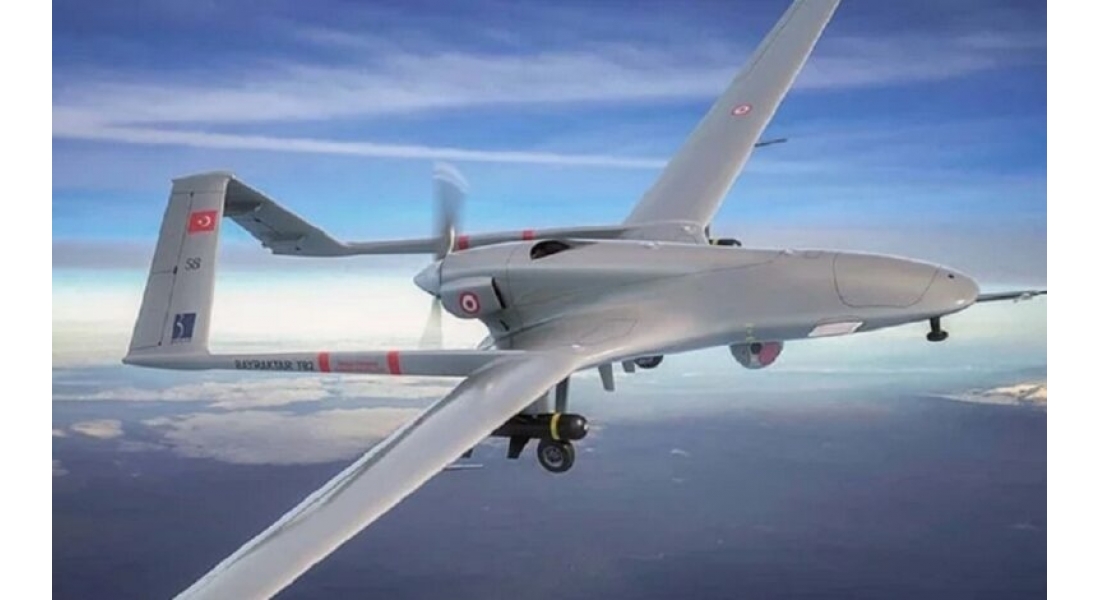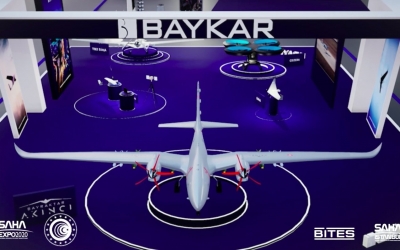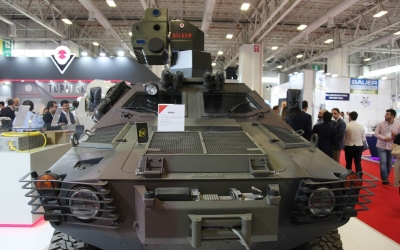
Unmanned Aerial Vehicles (UAV) firstly, to provide intelligence for usage purposes, expanded these services due to today's security needs and expanded to operational activities. With the contribution of the development of aviation technologies, UAVs have been able to reach the role of pilotless aircraft with this new task they have undertaken.
UAV systems; In terms of scope, it includes many sciences in a very complex way. In this respect, it acts as a mirror for the technologically advanced countries in the aviation industry. In this complex structure, perhaps the greatest added value is artificial intelligence and software.
For artificial intelligence UAVs, they take the place of pilots in their activities. However, it will take time for these systems, which are still in development, to become such that the pilot can decide and take action with instant emotions.
On the software side, the artificial intelligence infrastructure, consisting of millions of source code lines, ensures the operation of the entire process. If this software is imported directly from abroad, the aircraft can be deactivated or even used against us with a shortcode string to be inserted. That is why our country needs to make such systems of strategic importance 100% domestic and original. Making software and electronic systems, which are called critical components, completely domestically should be the most important item of our National Technological Move.
At the same time, our nationalization move, which will provide a sustainable infrastructure for many new technologies that are expected to play a key role in the technological leap, will also enable high value-added business models for our SMEs. Our ability to compete on a global scale from design to production will be achieved through the creation of value-added results by multidisciplinary scientific infrastructure and engineering capabilities such as UAV.
Sectoral Assessments

Savunma Sanayi Başkanımız Sn. İsmail DEMİR\'in SAHA Expo Değerlendirmesi

BUSINESS TURK Haluk Bayraktar Röportajı
Türkiye’nin savunma sanayi, SAHA İstanbul 2020 değerlendirmesi, 2021 beklentileri

SAHA İstanbul Yönetim Kurulu Başkanı Haluk Bayraktar'ın Defence Turk Dergisi ile Yaptığı Söyleşi

Evaluation of the Defence Industry for 2020 and 2021 Targets

The development of the Turkish defense industry strengthened by embargoes

Unusual situations are resolved with unusual strategies



